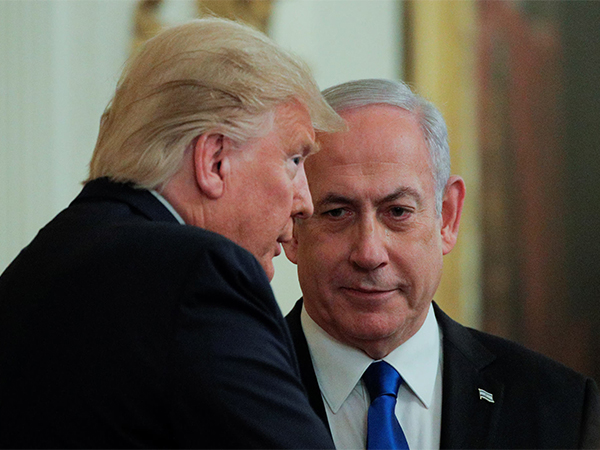Trump's Tariff Tactics: Tensions Rise in International Trade
U.S. President Donald Trump announced new 25% tariffs starting August 1 on imports from Japanese and South Korean allies, sparking a significant market reaction. Despite ongoing negotiations, Trump's aggressive approach expects reciprocation from affected countries, with only Britain and Vietnam reaching agreements. The global trade landscape remains tense.

In a significant escalation in his ongoing trade war, U.S. President Donald Trump has announced a 25% tariff increase on imports from nations including key allies Japan and South Korea, effective August 1. The move has prompted a mixed response from global markets, with the S&P 500 suffering its largest drop in weeks.
The announcement comes as 14 countries, including smaller exporters like Serbia and Thailand, have already responded with calls for further negotiations, indicating potential opportunities while warning of retaliatory actions. Trump's communication through letters, released on his Truth Social platform, emphasized that any tariff increase by trade partners would lead to additional charges from the U.S.
Markedly, the tariffs won't be combined with existing sector-specific tariffs, leaving Japanese vehicle tariffs at the current rate. With only Britain and Vietnam having reached agreements with the U.S., countries face a looming August 1 deadline to strike deals and potentially avert economic disruptions caused by Trump's aggressive trade measures.
(With inputs from agencies.)
- READ MORE ON:
- Trump
- tariff
- trade war
- Japan
- South Korea
- U.S.
- import
- negotiations
- Wall Street
- global trade
ALSO READ
Rubio's Diplomatic Directive: A Shift in U.S. Election Commentary
Lula Rebukes U.S. Tariff Threat, Defends Brazil's Sovereignty
New Ambassador Takes Flight as U.S. Eyes Changes in Aviation Age Rules
U.S. Declares 'The Resistance Front' a Foreign Terrorist Organization Amidst India-Pakistan Tensions
South Korea Deluge: Thousands Displaced and Multiple Fatalities










